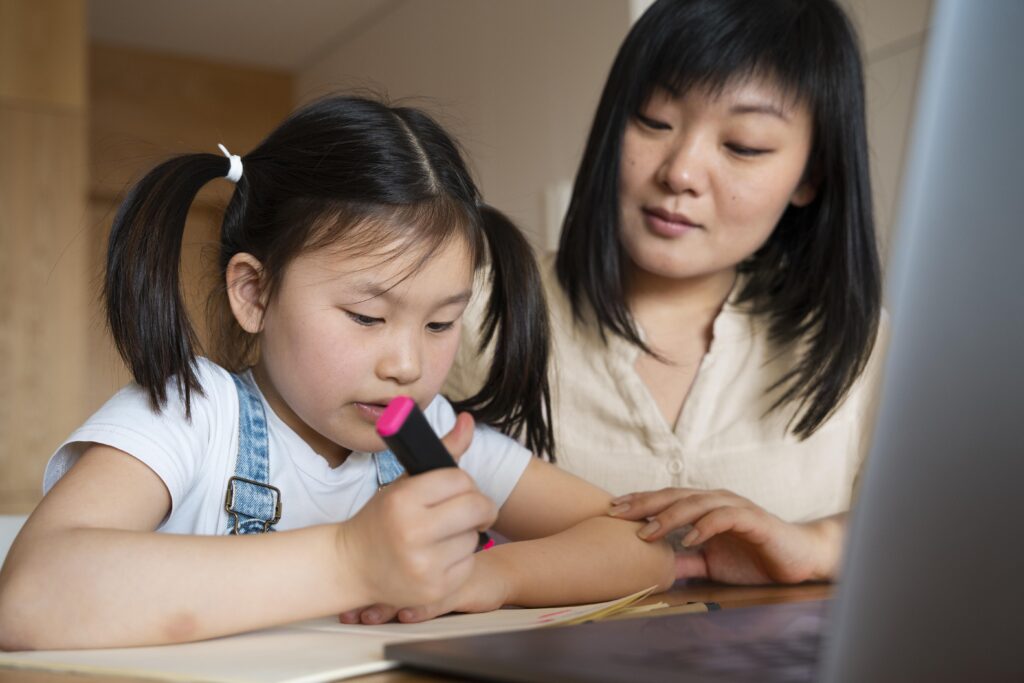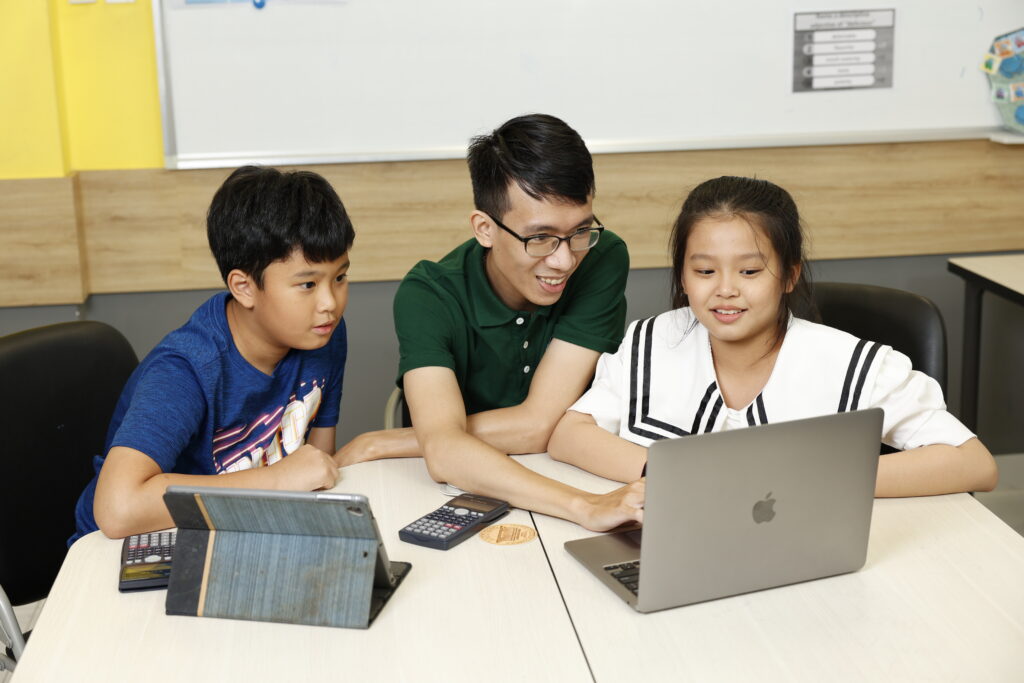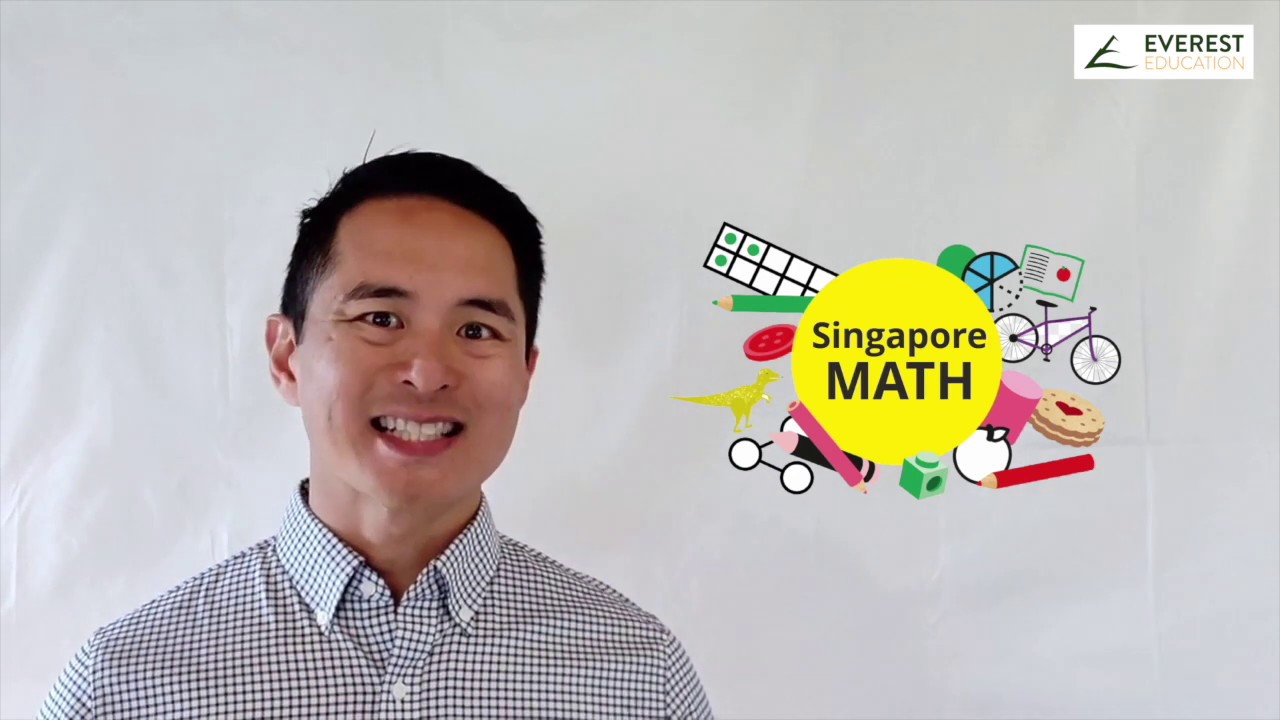In the era of technology, the education system faces numerous daily challenges, requiring students to adapt and rapidly develop their skills to meet modern demands. Consequently, nurturing independence in children from an early age becomes exceptionally crucial. This fosters their resilience on the path to achieving goals and facilitates swift development in today’s fast-paced world.
One of the vital skills contributing to independence is self-learning. This self-driven approach reflects their proactive learning spirit and attitude, which holds increased significance in contemporary society. It equips students with the tools to navigate a dynamic world, encouraging them to seek out reliable sources of information, think critically, and assimilate new ideas effectively. This skill extends beyond academic settings, becoming a lifelong journey of curiosity and self-improvement. Employers highly value individuals who can self-learn, as it reflects adaptability and an eagerness to stay at the forefront of their profession. Hence, even with an abundance of learning resources available to students, international schools remain committed to fostering self-learning skills, empowering children to independently explore the wealth of knowledge within the school environment.
However, what is self-learning? How can students effectively cultivate this skill in international school?
In this article, Everest Education (“E2”) delves into the significance of self-learning in today’s era and the approaches parents can adopt to prepare their children with this essential skill before the new academic year begins.
1. What is self-learning?
Self-learning is a process where an individual takes initiative in constructing and executing learning tasks without direct guidance from others. It stems from voluntary motivation and the desire to be creative and independent in exploring new knowledge, skills, or subjects. Throughout self-learning, students can apply various skills such as time management, creative thinking, and critical evaluation to absorb and apply knowledge in practical situations.
Self-learning is not limited to the school environment but can be applied in any circumstance. Students can utilize books, materials, the internet, instructional videos, and various learning resources to explore and enhance their skills. Even from early school years, parents can actively help their children develop self-learning capabilities, fostering independence and a thirst for knowledge within them.

2. Benefits of self-learning
Self-learning plays a vital role in a child’s development and integration. In an international school environment, independence and autonomy are highly valued. Therefore, students need to possess self-learning abilities to adapt successfully. While international schools offer abundant resources to support students, students are encouraged to proactively explore opportunities for personal growth. Having self-learning skills will undoubtedly benefit children during their international schooling experience, enabling them to thrive in this independent setting. These skills offer significant advantages, including:
a. Opportunity to practice critical thinking skills:
When a child possesses the ability to self-learn, they can explore a wider range of knowledge, gain deeper understanding, and quickly grasp lessons. As a result, they develop skills such as self-analysis, synthesizing information, and generating intelligent solutions. Additionally, self-learning nurtures a sense of procativeness and passion not only in academic pursuits but also in everyday life.
b. Proactive discovery of knowledge:
Self-learning empowers a child to make more independent decisions. Outside of classroom hours, they can autonomously set learning goals, choose study methods, and utilize various learning resources, whether digital tools or traditional books. This fosters a deeper exploration of knowledge and empowers them to take a more proactive approach to their academic pursuits. Moreover, self-learning helps reinforce and solidify classroom learning, as it supports long-term retention and practical application of knowledge. When self-learning, a child’s creativity flourishes, enabling them to identify effective and suitable learning methods, consequently enhancing their academic achievements.
c. Conditions for unleashing potential in learning
Self-learning also helps discover a child’s hidden potentials. Through self-learning, a child becomes aware of their limitations and seeks suitable ways to improve them. Moreover, actively exploring new aspects of themselves allows the child to easily recognize their own talents, enabling them to develop their potential promptly. Furthermore, self-learning fosters a sense of self-motivation, cultivating patience and perseverance in the child.

3. How can parents help their children with self-learning?
Although self-learning is considered an essential skill in today’s era, not every student possess the motivation to develop this skill. Having someone to guide and support them in self-learning from an early age can help children save time and quickly establish their own learning methods. Therefore, the role of parents in equipping their children with self-learning skills is crucial. To assist their children with self-learning, parents can employ the following approaches:
a. Encourage and Support Self-Learning Mindset
Parents should encourage their children to explore, discover, and engage in self-learning from various resources. In the initial days of assisting with self-learning, parents can provide study materials, books, and online resources to help their children learn according to their interests and personal goals. Additionally, encouraging children to experiment and make mistakes during the self-learning process is crucial. Parents should help their children understand that making mistakes is normal in the learning journey, and through these mistakes, they can gain new insights and improve. Even though children may find it challenging to start self-learning and often seek parental assistance, parents should motivate them to do their own exercises and intervene only when necessary. Instead of directly solving their problems, parents can equip children with skills to handle tasks on their own, such as time management, scheduling, and setting specific goals.

b. Creating an Environment to Foster Self-Learning Skills
Having an appropriate environment to develop self-learning skills is crucial. Typically, an ideal environment for children to self-learn is one that enables them to actively explore knowledge and receive timely support. When developed within such a setting, children can absorb the necessary knowledge and skills to excel in their self-learning journey.
If parents are seeking a center that can help their children cultivate self-learning skills, Everest Education is an ideal choice. At E2, we create a diverse and engaging learning environment for students, where each child follows a personalized learning path based on their abilities and interests. Our classes not only help children grasp the curriculum of international schools but also incorporate creative and interactive activities to foster their desire for self-learning.
Teachers at E2 always encourage students to ask questions and present assumptions about the given problems. After spending time exploring and discussing with their peers, students independently arrive at final answers and explanations. Moreover, when they encounter challenging exercises or need clarification on certain topics, E2 teachers are readily available during weekly help sessions to assist them. By doing so, children gain more confidence in tackling difficult tasks on their own.
With Everest Education’s supportive environment, children can develop essential self-learning skills, allowing them to become independent learners and excel in their educational journey.

Parting words
In the rapidly changing world of today, self-learning has become an essential skill for students to keep up with the demands of the times. With over 11 years of experience accompanying more than 12,000 students from international schools, bilingual schools, and leading public schools, E2 is confident in being an excellent choice for parents seeking solutions to develop their children’s self-learning skills. E2 helps children conquer all their learning goals, especially those who are aiming to excel in international school entrance exams.
Source:
Tự học – Tại sao nên tự học? – Làm thế nào để tự học hiệu quả hơn? (spiderum.com)















